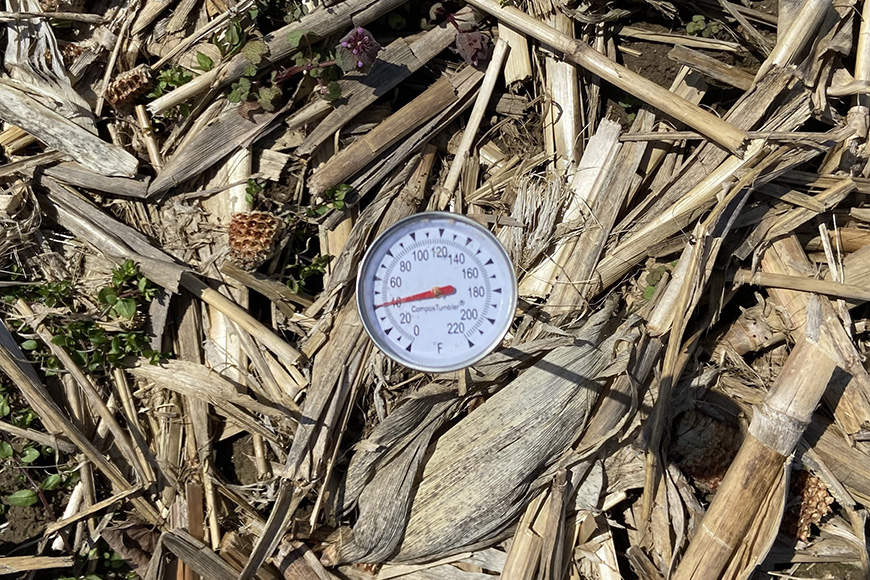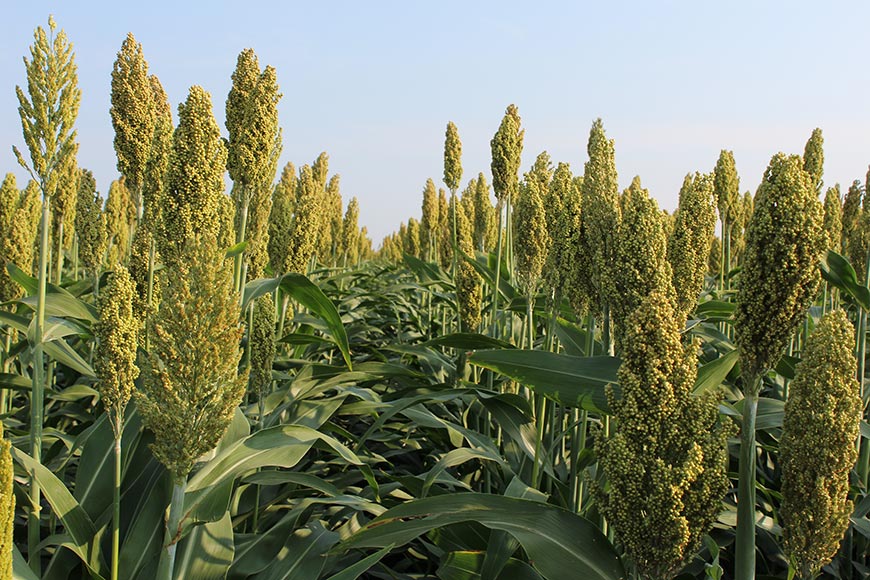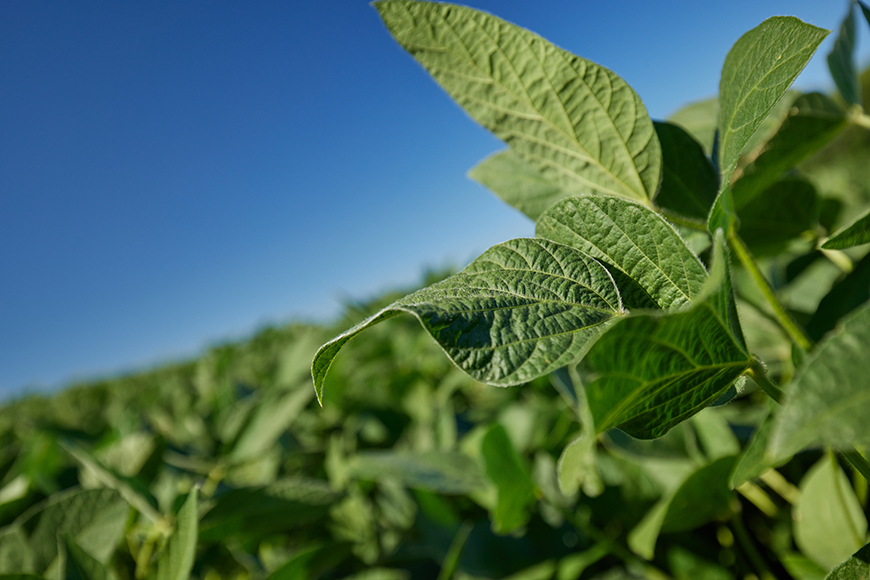Managing Around a Cold, Wet Spring

If your farm looks like most of the Corn Belt and Upper Midwest, it’s likely inundated with wetness or still frozen with snow cover. While these conditions may truncate the season, there is still plenty of time to get a great crop in the ground. If you’re battling cold, wet conditions in your area, keep these principles top of mind.
Hold Your Horses
In times like these, patience is key. If you plant corn at too cold a temperature, you run the risk of imbibitional chilling, which can reduce growth rate and interfere with the emerging seedling’s development. If you mud seed in, you can cause compaction, smear the sidewall of the seed trench and even cause the seed to rot and die.
Most equipment is large enough these days to get fields fully planted quickly once conditions are fit. You may lose marginal yield potential by waiting, but the risks are often larger if you push it too early. Look past the calendar date and focus on soil temperature (at least 50 F) and moisture to determine planting dates instead. With our Seed Stress Map, you can even monitor planting conditions at any time in your county, including soil temperatures, soil moisture and predicted stress level.
Support Your Seeds
Cold soil temperatures have a large impact on the amount of phosphorous available in the soil. This can slow root growth, making it tougher for the crop to access the nutrition it needs for early-stage growth and development. Applying a starter fertilizer can supplement that lack of phosphorus. Including a chelated zinc product like Ultra-Che® Zinc 9% EDTA along with a plant growth regulator (PGR) like Ascend2® in your starter mix can provide the additional nutrition and developmental support seeds need during cold planting conditions.
Zinc is a catalyst for enzyme creation and is a precursor for auxin hormones that signal seed germination. When early zinc levels are adequate, there is more consistent seed germination and emergence. Ascend products contain a unique combination of three PGRs that can help support cell division, leaf expansion and root formation.
Wet, cold conditions also make a great environment for disease development, making seed care critical this spring. Ensure your seeds are treated with a good fungicide. All CROPLAN® hybrids come protected by Fortivent® Plus seed treatment, which combines early-season insect control, ethaboxam fungicide for enhanced pythium control and Fortivent Zn for early corn development. In soybeans, Warden® CX II seed treatment is the leading choice for defense against Rhizoctonia, Fusarium, Pythium and Phytophthora fungal diseases.
Stabilize Your Nitrogen
High fertility costs are another challenge this season that high moisture rates certainly don’t help. Applying a nitrogen (N) stabilizer along with your N products will be important to help get every possible pound of your N investment into the plant. N stabilizers limit microbial activity in the soil, reducing the conversion of ammonium into nitrate, which keeps nitrogen in a form that is less susceptible to loss by leaching or denitrification.
Prepare Your Equipment
A smart way to approach an uncertain season is to focus on the factors within your control, like your equipment. Make sure your planter is calibrated correctly so when it’s time to go, you can do so immediately, avoiding unnecessary maintenance hold ups.
You may be behind where you want to be, but there’s still plenty of time to get the season on track. If you get to mid- or late-May and things are still delayed, then you may want to have a conversation with your trusted advisor about hybrid maturity changes. For now, practice patience and keep close tabs on changing conditions.
All photos are either the property of WinField United or used with permission.
© 2023 WinField United. Important: Before use always read and follow label instructions. Crop performance is dependent on several factors many of which are beyond the control of WinField United, including without limitation, soil type, pest pressures, agronomic practices and weather conditions. Growers are encouraged to consider data from multiple locations, over multiple years and to be mindful of how such agronomic conditions could impact results. Ascend, Ascend2, Croplan, Fortivent, Ultra-Che, Warden and WinField are trademarks of WinField United. All other trademarks are the property of their respective owners.




